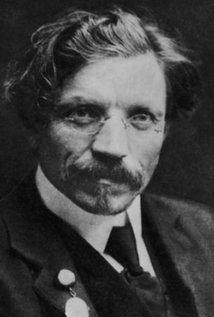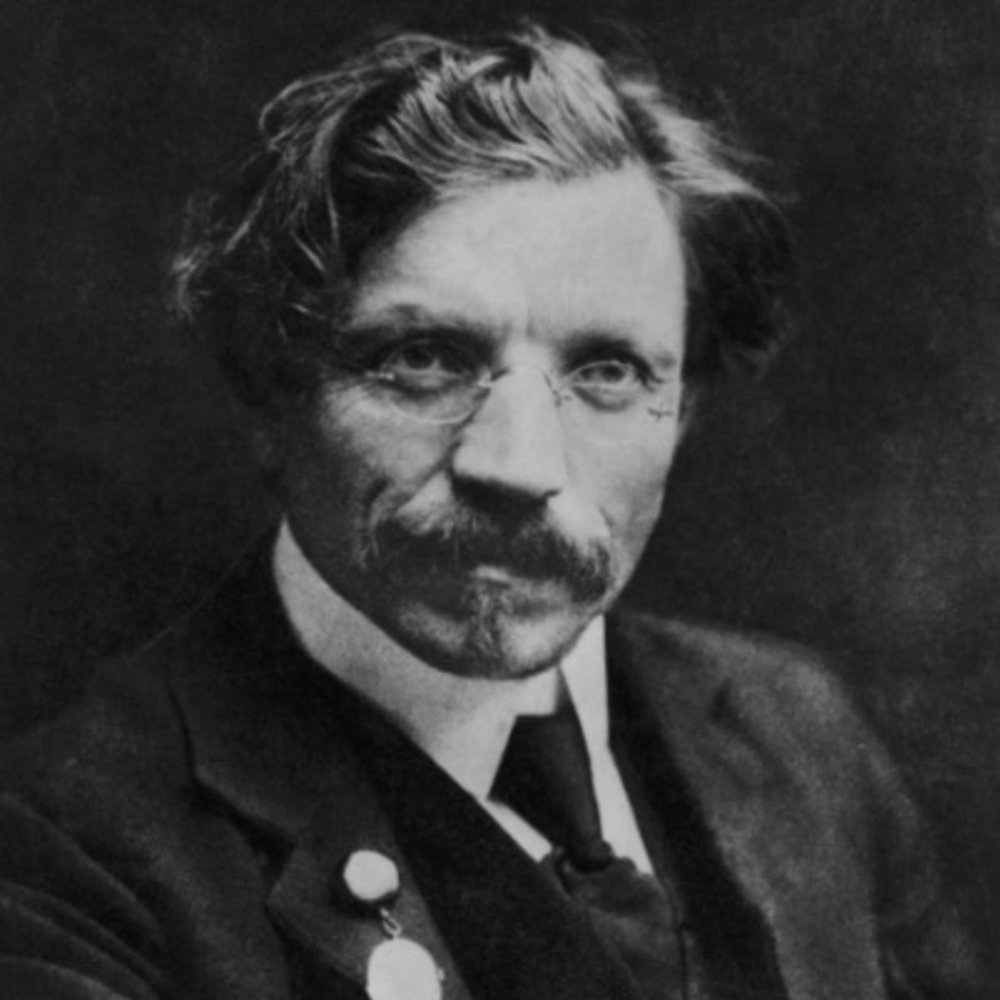Sholom Aleichem (translated from Hebrew as a greeting "Peace be with you") was the pseudonym of Sholom Yakov Rabinovitz. He was born on February 18, 1859, in Pereyaslav near Kiev, Ukraine, in the Russian Empire. His father was a religious scholar and the family was trilingual. After his mother died of cholera, when he was only 12 years of...
Show more »
Sholom Aleichem (translated from Hebrew as a greeting "Peace be with you") was the pseudonym of Sholom Yakov Rabinovitz. He was born on February 18, 1859, in Pereyaslav near Kiev, Ukraine, in the Russian Empire. His father was a religious scholar and the family was trilingual. After his mother died of cholera, when he was only 12 years of age, his father encouraged his writing, even through the hard times. Young Sholom Aleichem attended a Russian secular high school, but never attended university. He was drafted into the Russian Army and upon being discharged became a rabineer for 3 years. Throughout his entire lifetime, he was not wealthy. He had a humble, modest disposition, a quiet voice, and was described by many as a man of great wisdom and wit. It was the humbling experience of his life in Russia under the Czars that led to his special style of "laughing through tears" humor.Sholom Aleichem began serious writing in the 1880's. He was instrumental in the foundation of "di Yidishe folks bibliotek" (the popular Yiddish library) in 1888. At the same time during the 1880's Jews in Russia came under attack (known as "pogrom"); they suffered loss of property and of lives. In 1905 Sholom Aleichem fled from Russia. He lived in several countries of Europe until WWI. Large numbers of Jews were dislocated because their communities, known as "shetls, were destroyed. With the suffering came an increased cultural awakening of Jews, expressed in literature written in Yiddish. Yiddish was the every day language of European Jews, derived from Hogh German with enrichment from Hebrew, Russian, Polish, and English (among other languages). Sholom Aleichem wrote in Yiddish, Hebrew, and Russian; he was also fluent in Polish, Ukrainian and other languages.From 1883 to 1916, Sholom Aleichem wrote about 40 volumes of stories, novels, and plays ; he became the leading writer in Yiddish, and one of the most prolific writers ever. He also wrote scholarly works in Hebrew and secular works in Russian, the only acceptable language of official publishers in the Russian Empire. His works about the life of Jews in traditional communities were based on real life stories and were published throughout Europe and in the United States. His best known work is "Tevye the Milkman" ("Tevye der milkhiker" in Yiddish). It describes the Russian Jewish milkman, who deals with the complex world with humor, pain, optimism, and wisdom. It was adapted for stage production as the play 'Fiddler on the Roof' which became a Broadway success. The eponymous film, starring 'Haim Topol', won three Oscars. A successful staging of the 'Fiddler on the Roof' was done at the Moscow Lenkom Theatre by director Mark Zakharov, starring Evgeniy Leonov and later Vladimir Steklov in the title role.The dangers of WWI forced Sholom Aleichem to emigrate to America. He settled in the Bronx. The tragedy of separation from his son Misha, who suffered from tuberculosis, was unbearable. After Misha's death in 1915, Sholom Aleichem followed him on May 13, 1916 in Bronx. His funeral was attended by tens of thousands.The great value of his works is in the meticulous literary preservation of the traditional life of a shtetl, before it disappeared in the tragic abyss of history. "You can take a Jew out of a shtetl, but you cannot take a shtetl out of a Jew", wrote Sholom Aleichem.
Show less «




